FGC in the United States
2024 Dozens of patients file suit against former OB-GYN and Cedars-Sinai, alleging misconduct Upgraded charges in child torture case Implementing Survivor-Led FGM Law In Washington State Coalition against female genital mutilation supports victims in Washington state 2023 Connecticut is 1 of 9 states without a ban on female genital mutilation. Thousands are at risk, activists say Infographic: Women’s Health Needs Study (WHNS) 2022 US bill equates healthcare for trans people with female genital mutilation On the International Day of Zero Tolerance for Female Genital Mutilation 2021 Equality Now Fact Sheet: Female Genital Mutilation in the United States U.S. toughens ban on ‘abhorrent’ female genital mutilation Houston woman faces historic indictment over female genital cutting Keeping Girls at the Center: Zero Tolerance for Female Genital Mutilation 2020 Diagnosis, Management, and Treatment of Female Genital Mutilation or Cutting in Girls 2019 Activists Launch the First Anti-FGM Network in the US U.S. woman says strict Christian parents subjected her to FGM Female Genital Cutting in Immigrant Children — Considerations in Treatment and Prevention in the United States US House Votes to Recognize FGC as a Human Rights Violation 4 women with lives scarred by genital cutting: Could a surgeon heal them? It’s All About Health for Women and Girls: Ghada Khan on Ending FGM The Doctors and Parents Arguing for Female Circumcision in the U.S. Court declines House Democrats’ motion to intervene in Michigan genital mutilation case 2018 To Combat Female Genital Cutting in the U.S., We Need More Information FGM in the US: The Hidden Crime Next Door FGM Legislation by State ICE leads efforts to prevent female genital mutilation at Newark Airport Judge dismisses female genital mutilation charges in historic case Letters: Other views on FGM Historical Overview of U.S. Policy and Legislative Responses to Honor-Based Violence, Forced Marriage, and Female Genital Mutilation/Cutting 2017 New York Cracks down on Female Genital Mutilation The Tipping Point: Can the World End Female Genital Mutilation/Cutting Genital Mutilation also occurs in the US, activists call on states to make it illegal Metro Detroit doctor charged with performing female genital mutilation on young girls US Doctor Arrested in Michigan on FGM Charges Michigan case shows more needs to be done to confront female genital mutilation Detroit Doctor and Wife Arrested and Charged with Conspiring to Perform Female Genital Mutilation Genital Mutilation victims break their silence: ‘This is demonic’ I Underwent Genital Mutilation as a Child -Right Here in the United States Female Genital Mutilation Isn’t a Muslim Issue. It’s a Medical Issue The Female Genital Mutilation Scandal Tearing a Community Apart Michigan Case Adds U.S. Dimension to Debate on Genital Mutilation Genital Cutting Victims Get Backlash for Condemning Taboo Ritual It Happens Here: The Reality of Female Genital Mutilation First-ever federal charges of female genital mutilation seen as landmark Cutting Young Girls Isn’t Religious Freedom House Increases penalty for female genital mutilation 2016 Genital mutilation risk triples for girls and women in US, CDC study finds Underground: American Who Underwent Female Genital Mutilation Comes Forward to Help Others With 500,000 female genital mutilation survivors at risk in the U.S., it’s not just someone’s else’s problem 2016 Violence Against Girls Summit on FGM/C Ending Violence Against Girls: Giving Innovative Leaders the Resources They Deserve 2015 Underground in America: Female Genital Mutilation 2014 Bill Maher Doesn’t Know That FGM Is on the Rise in the West
#NIMBY Reactions to Detroit
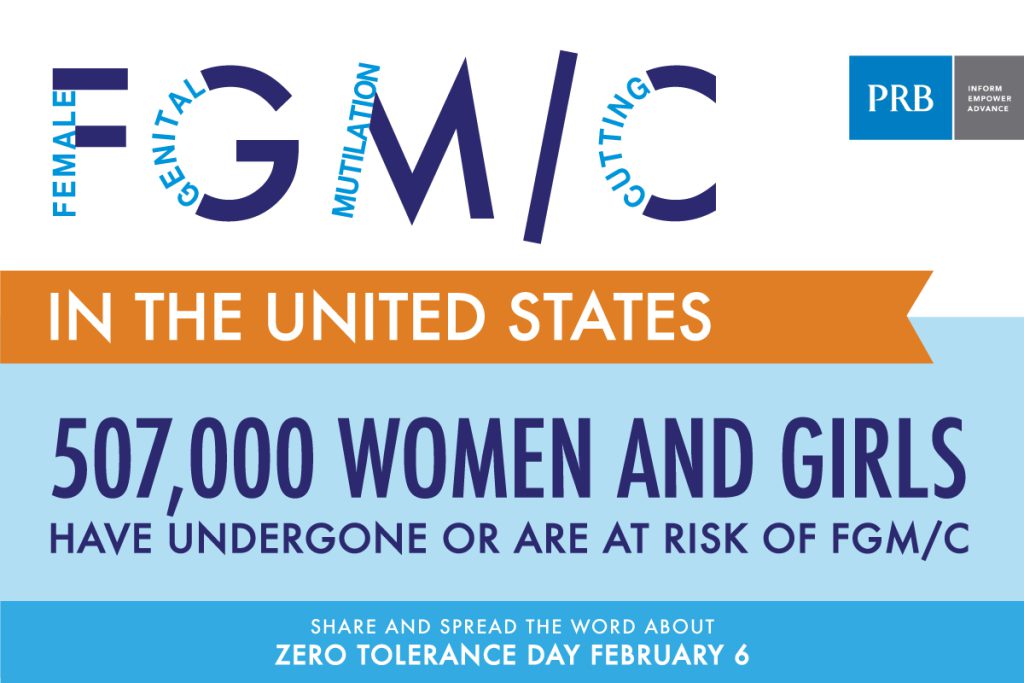
By: Anonymous Age: 32 Country: United States (Please note #NIMBY – Not In My Backyard) For over ten years, I have been famously or infamously known for speaking up about a taboo practice within the Dawoodi Bohra community in my social circles. I discovered I was a victim of female genital mutilation or cutting during college and was finally able to put into words what happened to me when I was seven years old. This time in my adult life was an extremely difficult one as I worked through the five stages of grief. A part of me was missing and gone forever. A part that I had not yet familiarized myself with or experienced while everyone around me was totally unaffected. As part of my healing process, I took to my social circles to tell my story, to raise awareness, to start a discourse. While I felt supported by some, I was met with apathy by most. I could never understand why others like me who had been victims of this practice didn’t feel the sense of loss that I did. They felt I was being “dramatic”, or that it was just part of our culture and it had not prevented them from living a normal and happy life. Others who agreed it was morally and ethically wrong, were hesitant to speak up about it or even show an alliance with me in my own grassroots efforts. Until recently, there were not many formal groups in the forefront actively working to end FGM/FGC. The increase in awareness about this issue over the last ten years is astounding. To think that the investigation of this activity had been taken up by the F.B.I. will likely be an eye-opener for those in the community who think of this as a cultural practice, not a criminal activity. When the story of the Detroit doctor being arrested for performing FGM/C first broke, I was not surprised at all. Yet I was met with several messages of shock and awe from friends and family (knowing my personal interest in this topic) asking if I had seen the news. Just last year, a similar story broke in Sydney, Australia — have we forgotten already? This prompted several jamaats or religious congregations across the world and the U.S., in particular, to send public resolutions to their members advising them not to carry out the practice in any form or else they would be subject to the laws of the land, and thus not be held liable for any individuals’ actions. What’s shocking to me is that the events in Sydney didn’t have a strong enough ripple effect for communities in the U.S. to comprehend the sincerity of governments to prosecute those performing this act. After a little bit of buzz, the onslaught of public resolutions, the contradictory statement made by the religious head of the community, everyone went back to being silent. What we’ve learned in the interim through much back and forth is that the head of the community does not condemn the practice and likely sees virtue in it. The public resolution sent by the powers that be was a liability waiver, not a condemnation of the act. Until then, devout followers wherever they are in the world will continue to follow his lead and subject their young daughters to what he deems a part of our history and “religious obligation.” The alarm over this investigation contrasts sharply with the apathy I was met with years ago. I was told: “Well, it didn’t happen to me” “Your [town] is different” “That doesn’t happen here” “You are exaggerating” “I know someone who had it done, and they’re fine” “I’ve had it done, and I’m fine” It shouldn’t have to take someone you personally know or are connected to, to go to jail for you to start paying attention. This is something that affects all of us no matter what part of the world we live in. Whatever your personal feelings are about this practice, it is time to start caring one way or another because yes, this is happening…even in your backyard.
Mariya joins Young Philanthropist Responding to Gender-Based Violence Panel

On February 1st, the Board of Directors for Jane Doe Inc., the Massachusetts statewide coalition against domestic & sexual violence organized their first young philanthropist event that included a panel of changemakers who are organizing against gender-based violence in the greater Boston area and beyond. The conversation took place at WeWork in Boston and included discussions around innovative perspectives on what it means to be a young ‘philanthropist’ in 2017. Panelists included Kendra Hicks (Resist Inc.); Meg Stone (IMPACT Boston); Rani Neutil (Safr); and Mariya Taher (Sahiyo).
Sahiyo teams up with Feminist Challenge 2K17
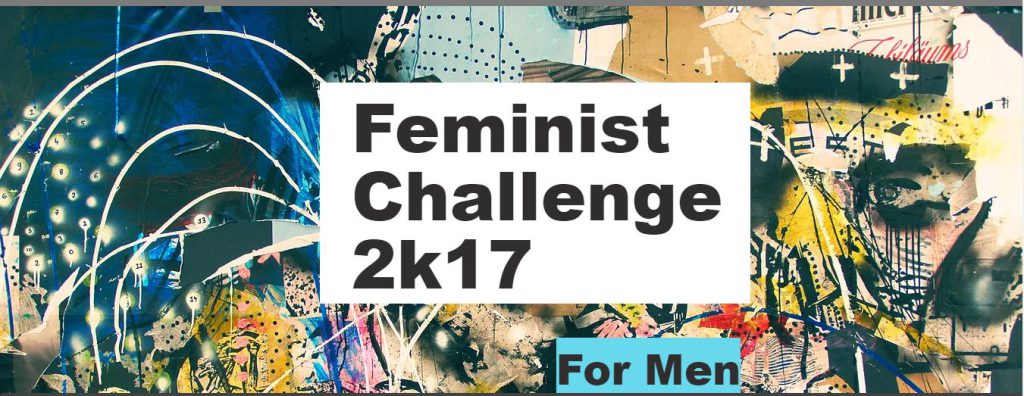
During the week of February 6th, Sahiyo connected with Feminist Challenge to create a challenge around the topic of FGC. Feminist Challenge is an online newsletter created to encourage men to approach empathy with women by building their own personal testimonies of awkwardness, inconvenience, and pain. The belief behind this approach is that performance can add a different level of appreciation above intellectual understanding. The more men fully appreciate the feminist call to equality, the better our society will be. Each week those who have signed up partake in a challenge to help everyone to think more deeply about feminist issues. On February 6th, the challenge on FGC included 1) Watching a story on FGC 2) Reflecting on it by journaling on a) how the person felt after watching, listening, or reading the story b) reflecting on a time in their life where they encountered violence or someone they knew encountered violence. The advocacy event was included as part of Sahiyo’s February 6th events for Zero Tolerance Day. Over 400 people have signed up to take part in Feminist Challenge.
Sahiyo participates in kick-off event for Women’s March in Frankfurt, Germany
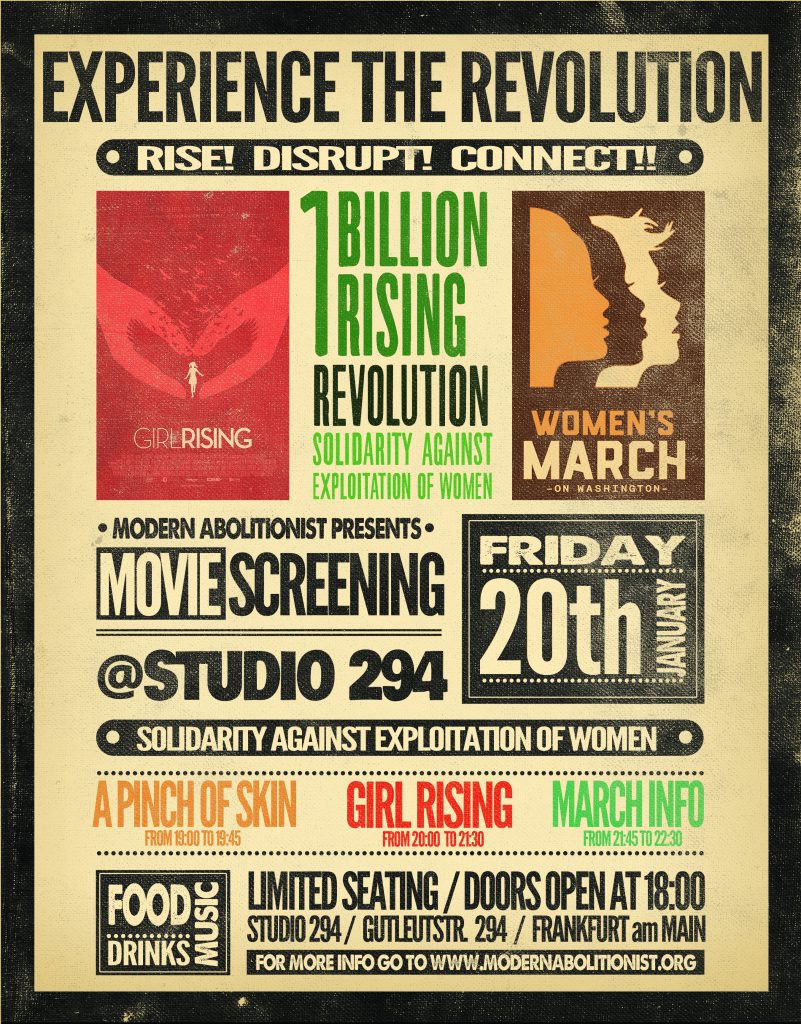
On January 20th, the Modern Abolitionist Global Campaign will start a two day campaign, with a kick -off event that will be a screening of movies dealing with gender violence and discrimination against women. The following day, on January 21st, the Modern Abolitionist Global Campaign will hold the Frankfurt Women’s March on Washington. Sahiyo will support the kick-off event, in which there will be a screening of A Pinch of Skin, a documentary produced by Sahiyo’s co-founder Priya Goswami, on the topic of female genital cutting in the Dawoodi Bohra community. During the event, Sahiyo co-founders will be be joining via Skype for a Q&A session with audience members. The documentary, Girl Rising, about the importance of educating girls to break the cycle of poverty will also be screened. To learn more, contact the organizers here.
Invest in ending FGC in Asia: Why Sahiyo and 33 organisations are petitioning the U.N.
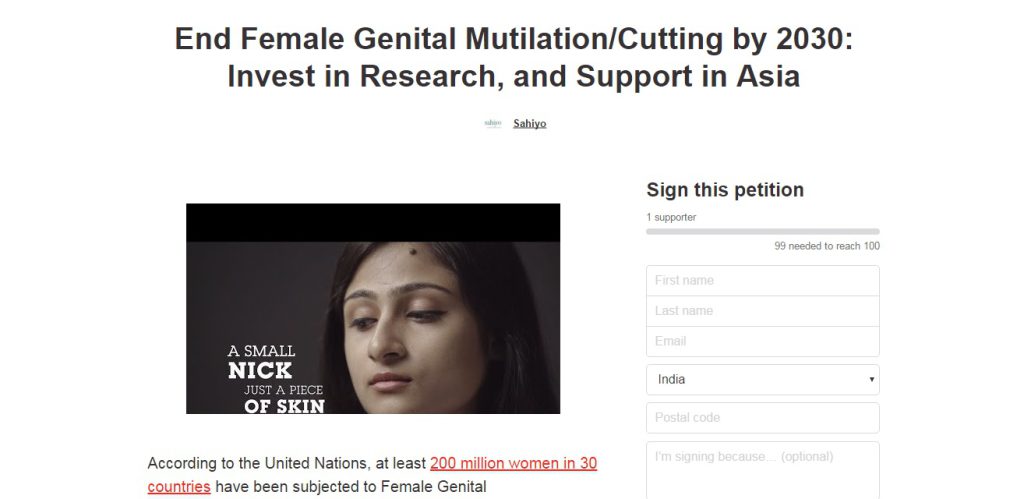
FGM/C from an artist’s perspective: Art for cultural change
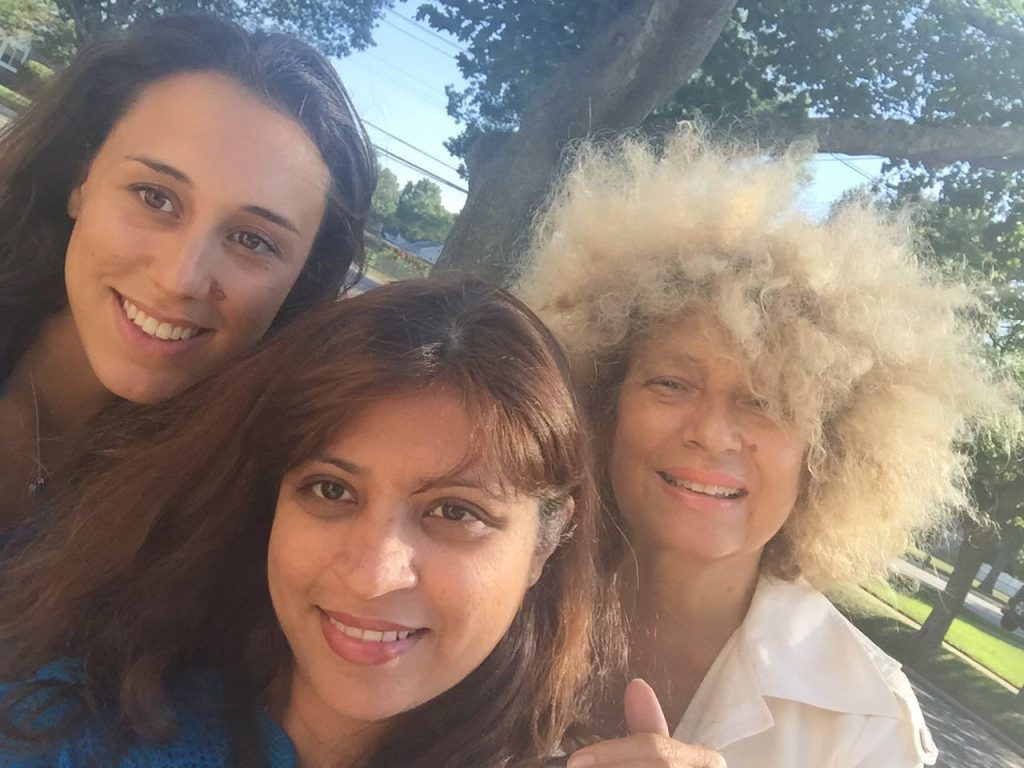
Sahiyo heads to Senegal for Tostan Training Centre

Sahiyo is pleased to announce that Mariya and Shaheeda will be attending the upcoming Tostan Training Centre (TTC) in Senegal this July as Orchid Project Fellows. Over the past 25 years, Tostan has witnessed positive social transformation in thousands of communities in eight African countries. Although contributing to the abandonment of FGC was not one of Tostan’s original goals, it has become a rallying point for social change. So far over 7,200 communities from Djibouti, Guinea, Guinea-Bissau, Mali, Mauritania, Senegal, Somalia, and The Gambia have publicly declared their decision to abandon both FGC and child/forced marriage. As Tostan has always explained and as their external evaluations have shown, public declarations are critical in the process for total abandonment and necessary for building critical mass, eventually leading FGC to becoming a thing of the past. They are now offering individuals and organizations the opportunity to learn from their decades of experience in leading human rights-based education programs. The TTC is designed to provide the theoretical and practical backing that people working in community development can use to reflect upon their own practices and better realize their communities’ aspiration Their unique set of of trainings use a participatory, learner-centered approach that draws its strength from the expertise of trainers with extensive experience in rural Africa, implementing the Tostan Community Empowerment Program. Their trainings serve individuals and groups who share a commitment to human dignity, transformative learning, holistic empowerment, and collective action. When asked about what learnings they hoped to gain from attending the TTC training, Mariya and Shaheeda provided the following replies: Mariya: I have spoken to Molly Melching about visiting Tostan to learn for years since I first earned of Tostan’s existence and since I first became interested in addressing FGC within the Dawoodi Borha community (the community I was raised in). On a personal level, it will feel like a huge accomplishment to finally witness how a successful program operates to end human rights violations. On a professional level, I hope that the training will help guide the direction that Sahiyo takes to form its own programs in India and amongst diaspora Indian communities. I also hope to be able to connect with other, more experienced, and knowledgeable individuals who can serve as mentors or advisors for Sahiyo as we plan the activities of our nascent organization. Shaheeda: I am very interested in learning about the success of Tostan’s Community Empowerment Program (CEP) in driving community-led change on human rights and gender-based violations. I want to understand how the CEP model employs diverse concepts of Health, Hygiene, Peace & Security, Problem-Solving, Literacy etc. for creating a holistic activities to engage with the local communities. From the research perspective, I am especially keen to explore and learn about the monitoring and evaluation methods for measuring program success and communication strategies employed by Tostan for creating a dialogue on change. Lastly, I want to understand the complexities that Tostan faces in terms of program implementation, as we would like to be able to predict and preempt similar problems that might arise during the course of Sahiyo’s work in India. Sahiyo looks forward to hearing back from Mariya and Shaheeda after the training! Stay tuned to our blog to learn more about their experiences as well!
Sahiyo receives IAWRT grant to conduct media workshop in Mumbai

Sahiyo is delighted to announce that our organization was awarded a grant by the International Association of Women in Radio and Television ( IAWRT, www.iawrt.org) to conduct a media training workshop in Mumbai, this August. Media has played crucial role in informing people at large about the practice of female genital cutting or khatna In India and bringing this critical issues to the forefront. Yet, we have also seen how facts on FGC within the Bohra community have been misunderstood or misportrayed by journalists, leading to unintentional harm to survivors and those women and girls who might be at risk. This media workshop will then allow Sahiyo to have a dialogue with the media on how to approach the topic of khatna or FGC in a culturally sensitive, non-sensationalized portrayal. We wish to empower the media about the nuances of FGC practiced by the Dawoodi Bohra community, provide resources to the media about how to report on gender violence in a beneficial way, as well as speak of the challenges FGC activists have encountered or are likely to encounter in this line of work. The media training workshop in August will be Sahiyo’s first workshop of this kind in Mumbai. Watch our website for more details.
Mariya’s experience at the Women Deliver 2016 Conference

